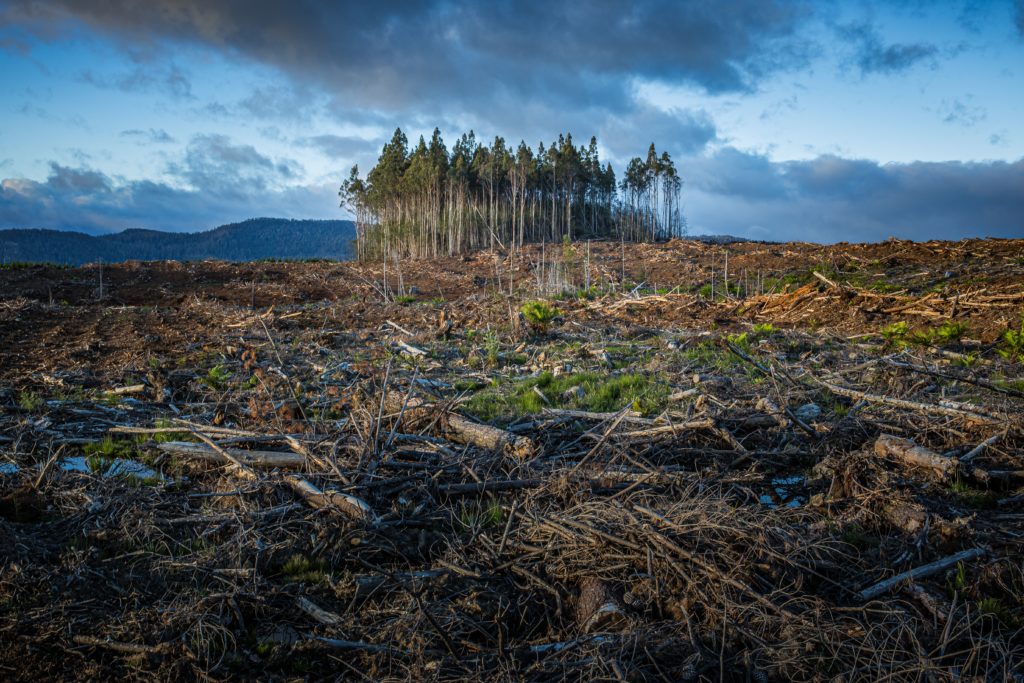The climate change crisis demands a response; that cannot be denied. But whose responsibility is it to lead that response? And who has the power to respond quickly and effectively enough to avert disaster?
Global leadership?
Over the decades, from Stockholm to Kyoto to Paris, the governments of the world have gathered together in repeated attempts to respond effectively to climate change. World leaders have endeavored to create a unified response, with numerous treaties, protocols, and agreements aimed at lowering greenhouse gas emissions worldwide. While this has led to lower emissions in some countries and regions, including the United States and Europe, it has not stemmed the rapid rise of global emissions overall, as the carbon footprints of other countries, such as China and India, continue to expand exponentially.
Individual governments?
While some countries have effectively implemented government mandates to reduce carbon emissions, in others that task is not so easily done. Especially in free-market economies like the United States, government leaders are unable to implement and enforce policies strong enough to reach emission reduction goals. Opposition to government mandates often comes down to economics: the belief—often well-founded—that these policies will simply raise costs for businesses, who will then pass those costs onto the consumer, negatively impacting the economy.
Business leaders?
The business world has started to take steps toward reducing carbon emissions. Even the most unlikely of corporations are pledging to go carbon neutral, with giant oil companies like Repsol, Occidental Petroleum, and Shell committing to carbon neutrality in the next 30 to 40 years. Business leaders understand the strong momentum of the green movement in the marketplace: consumers are increasingly eager to buy climate-conscious goods and services. But there’s a problem: there is currently no scientifically accurate, objective rating system for carbon neutrality. So, while businesses and companies can claim to be “green,” there is currently no way to effectively measure whether they are actually reducing their emissions.
Individuals?
I believe that most individuals want to help avert the climate crisis. But how much impact can an individual make? Well, if you put a planet full of individuals together—a pretty darn big impact. The obstacle is a lack of information. At this time, there is no objective rating system for carbon neutrality. It is very difficult for individuals to make informed choices to reduce greenhouse gas emissions. Not everyone has the time to become a climate change expert. Nor build their whole life around reducing their carbon footprint. Without a coherent solution leading toward that common goal, an individual can only do so much.
So who then bears responsibility?
The answer is simple: all of us.
Where we fall politically does not matter. Whether we are left-leaning or right-leaning makes no difference. Makes no matter whether we live in the country or in the city. Or whether we live in the United States, Europe, China, or Africa. Makes no difference if we are a world leader, a local policy-maker, a business owner, or a private citizen.
The bottom line is that we are all part of the same planet. We all live in the same closed environment, have the same atmosphere, and breathe the same air. When it comes to climate change, what happens in one part of the world affects the whole planet.
That means the burden of climate change response falls on all of us. We need a solution that we can all invest in. A solution that harms no one and benefits everyone—governments, businesses, and individuals alike. If we work together, we can, quite literally, save the world.
Learn more about what’s possible with a consumer-centric, competitive advantage-based solution to the climate crisis in my book, Decarbonize the World.
